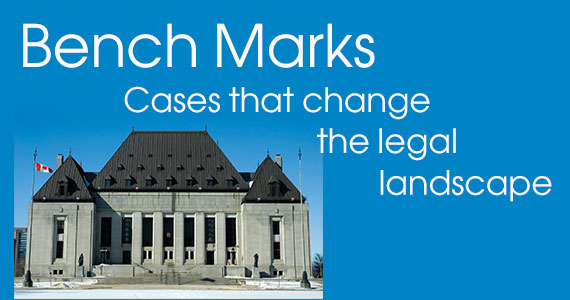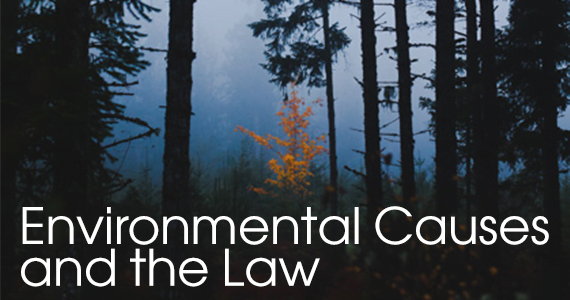
Canada’s top court is a cornerstone of our Parliamentary democracy and the Rule of Law. It has shaped our nation since 1875.
Volume 39-6 – July/August 2015
Table of Contents
Featured Articles: The Top Court
Special Report: Self Represented-Litigants
Columns
Featured Articles: The Top Court
Democratic Governance: The Constitution and Canada’s Branches of Government
Lorraine Snyder and Dustin Martin
In order to understand the role of Canada’s top court, it is necessary to understand how it fits within our Constitution.
Hugo Vaillancourt
Canada’s top court has seen many changes since it was first created in 1875.
Judicial Review is Different from Judicial Activism
Charles Davison
Our judges have a duty to review the legitimacy of laws and strike them down if they are contrary to the Constitution.
The Nadon Reference: A Unique Challenge
John Edmond
The recent Reference re Supreme Court Act concerning nominated Justice Marc Nadon was unprecedented in Canadian judicial history.
Top Courts in the U.S. and Canada: A Comparison
Peter Bowal and Jacqueline Bowal
Special Report: Self-Represented Litigants
What Self–Represented Litigants (Actually) Want
Sarah Burton
Here’s a novel idea: why don’t we ask self-represented litigants what would actually help them!
Small Claims Court: A Venue Made for Self-Represented Litigants
Peter Bowal and Jacqueline Bowal
This court is specifically set up to assist people who want to represent themselves.
The Vexatious Litigant
Trevor Todd and Judith Milliken, QC
Sometimes, self-represented litigants can abuse or misuse the court system so that sanctions are necessary.
Columns
Family Law
Sarah Dargatz
Financial Disclosure in Family Law Cases, Don’t Hide; It’s Best to Provide!
Human Rights Law
Linda McKay-Panos
Supreme Court of Canada Addresses Jury Composition and Aboriginal Equality
Employment Law
Peter Bowal
Politician Resignations and Personal Liability for By-Election Costs
Online Law
Marilyn Doyle
Going it alone? Resources for Self-Represented Litigants
Not-For-Profit Law
Peter Broder
The Purposes and Activities Divide in Charity Regulation
Law & Literature
Rob Normey
John Lennon: Working Class Hero and Legal Activist
A Famous Case Revisited
Peter Bowal and Pedro Porto Alegre
Whatever Happened To…Antrim Truck Ltd. and Public Nuisances



